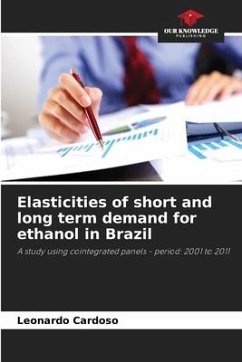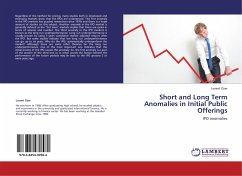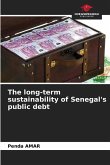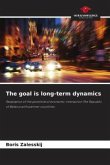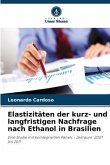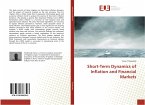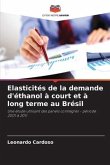The future scarcity of fossil fuels is not an opinion shared by the whole of academia, but the need for cleaner energy sources is a consensus. Based on this, first generation ethanol from Brazilian sugarcane becomes an excellent energy alternative because it presents better environmental indicators at a competitive cost in some Brazilian states. However, studies on the demand for ethanol worldwide are scarce and this scarcity, surprisingly, is repeated in Brazil. In recent literature, for example, there are no studies that estimate elasticities by region or that consider long-term elasticities using panel data for Brazil. This paper estimates elasticities for Brazil and for the Five Brazilian Regions for the period July 2001 to July 2011 on a monthly basis. GLS for the short run and DOLS for the long run are used. The results indicate that ethanol is a price elastic good, with elasticity around -1.42 and -3.30 for the short run and long run, respectively. Increase in price and cross elasticities in the short run are the main results.
Bitte wählen Sie Ihr Anliegen aus.
Rechnungen
Retourenschein anfordern
Bestellstatus
Storno

